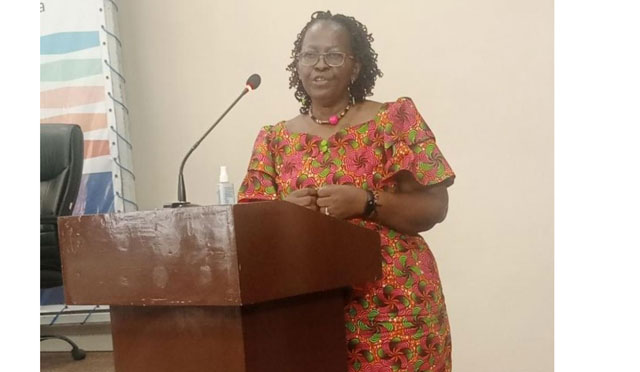
Kampala, Uganda | THE INDEPENDENT | The Makerere University-based Economic Policy Research Center-EPRC has launched a three-year project to search for ways how unpaid care work both at home and at the workplace can be rewarded.
Speaking to URN about the project, Prof. Grace Bantebya Kyomuhendo, the Principal Investigator and researcher at EPRC based at the School of Women and Gender Studies said in the three years they will implement an in-depth evaluative and action research to provide evidence, practical tools and guidance to inform policies that build an equal environment for both male and female.
She said they will also identify key drivers and risk factors for norms that increase the burden of unpaid care work for women at individual, family, community and institutional levels in, addition to appropriating what the country loses when certain groups engage in unpaid work.
The researchers say the COVID-19 pandemic has exposed the structural gender barriers and entrenched gender inequalities in unpaid care and that its impact is expected to hit women the hardest considering that even if there’s increased women participation in the labor market, there is still limited evidence that women have moved out of traditional activities or have diversified the types of care work they engage in.
What they are seeing now, she says women are deprived and don’t have the capabilities to do certain kinds of work. This is in line with the results of the five years mapping that they have done of women and girls capabilities.
Commenting about the project and women inclusion issues, Sheikh Muhammad Ali Waiswa, the 2nd Deputy Mufti of Uganda said while they opened up a women’s desk at the Uganda Muslim Supreme Council, they have employed males to work there since women are not forthcoming.
He said generally, the challenge with the crusaders of equality is that they have failed to make people understand the difference between equality and uniformity, which he urges this project to address. For him, what is important is to ideologically understand how gender roles can be streamlined without bringing about conflict.
Margaret Kakande, the head of the Budget Monitoring and Accountability Unit in the Finance Minister urged the researchers to engage policymakers right from the beginning of the project. She said already the government is coming up with innovations such as childcare centers at workplaces to address the issues of productivity.
She however wondered how they will tag a price on unpaid care warning that it will be difficult for the government to take up that cost. But for Kyomuhendo, the question of who pays for the unpaid work at home shouldn’t arise because pay is not just in monetary terms.
Even before the project takes off, Kyomuhendo proposes that the government could take lessons from countries that have moved steps towards rewarding unpaid care by coming up with favourable policies such as extended paid maternity leave for mothers and embracing technologies that save time and burden that would have been spent engaging in unproductive work.
*******
URN
 The Independent Uganda: You get the Truth we Pay the Price
The Independent Uganda: You get the Truth we Pay the Price



